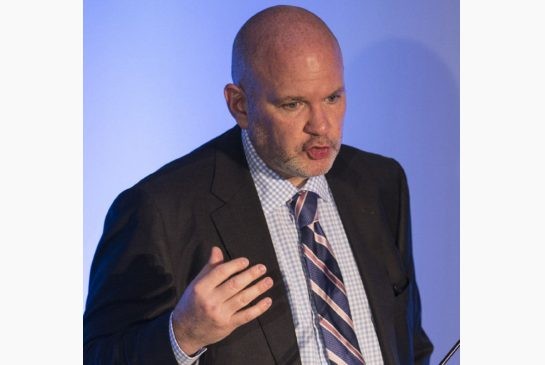Hedgefund closures Quitting while they’re behind
Post on: 28 Июль, 2015 No Comment

Add this article to your reading list by clicking this button
THE past few years have been “as miserable as I can remember”, says Johnny Boyer of Boyer Allen Investment Management, a British hedge fund focused on Asia. The fund, which looked after $1.9 billion at its peak, faced the prospect of spending the next few years trying to claw its way back to pre-crisis asset levels. Instead the founders decided to shut the fund and give investors their money back.
Others have also had enough. “Ive been doing this for 15 years and Ive never seen as many people give up as in the last three months,” says Luke Ellis of Man Group, a large listed fund. This trend is distinct from the round of closures in 2008. Then, managers were hit by investors redemptions and had no choice but to close; today many are electing to walk away.
For some managers, the markets have become too stressful. Running a hedge fund today is “three times as much work for a third of the fun,” says one. But many are motivated by economics. Hedge funds typically get paid a 2% management fee on assets to cover expenses and a 20% performance fee on the returns they achieve for investors. Most funds do not earn performance fees unless they outperform their peak level or “high-water mark”. At the end of 2011, 67% of hedge funds were below their high-water marks, according to Credit Suisse, and 13% have not earned a performance fee since 2007 or earlier.
In this section
Funds can survive off a management fee for a couple of years, but four is a long time to go hungry. Most managers were banking on a recovery in 2011 but the average hedge fund slid by 5.2%—much worse than the S&P 500, which returned 2%. Poor performance is causing changes in the way the industry markets itself (see article ). It also means many funds will have to wait even longer to earn a performance fee again. According to Morgan Stanley, 18% of hedge funds are more than 20% below their high-water marks.
For investors, it is generally a good thing if underperforming managers are returning cash and not milking them for fees. But others worry that high-water marks could skew funds investing decisions. Managers who have not earned a performance fee in years could take bolder bets to get back into the black. Leverage levels have been creeping up. Some may prefer to go out with a bang, not a whimper.














